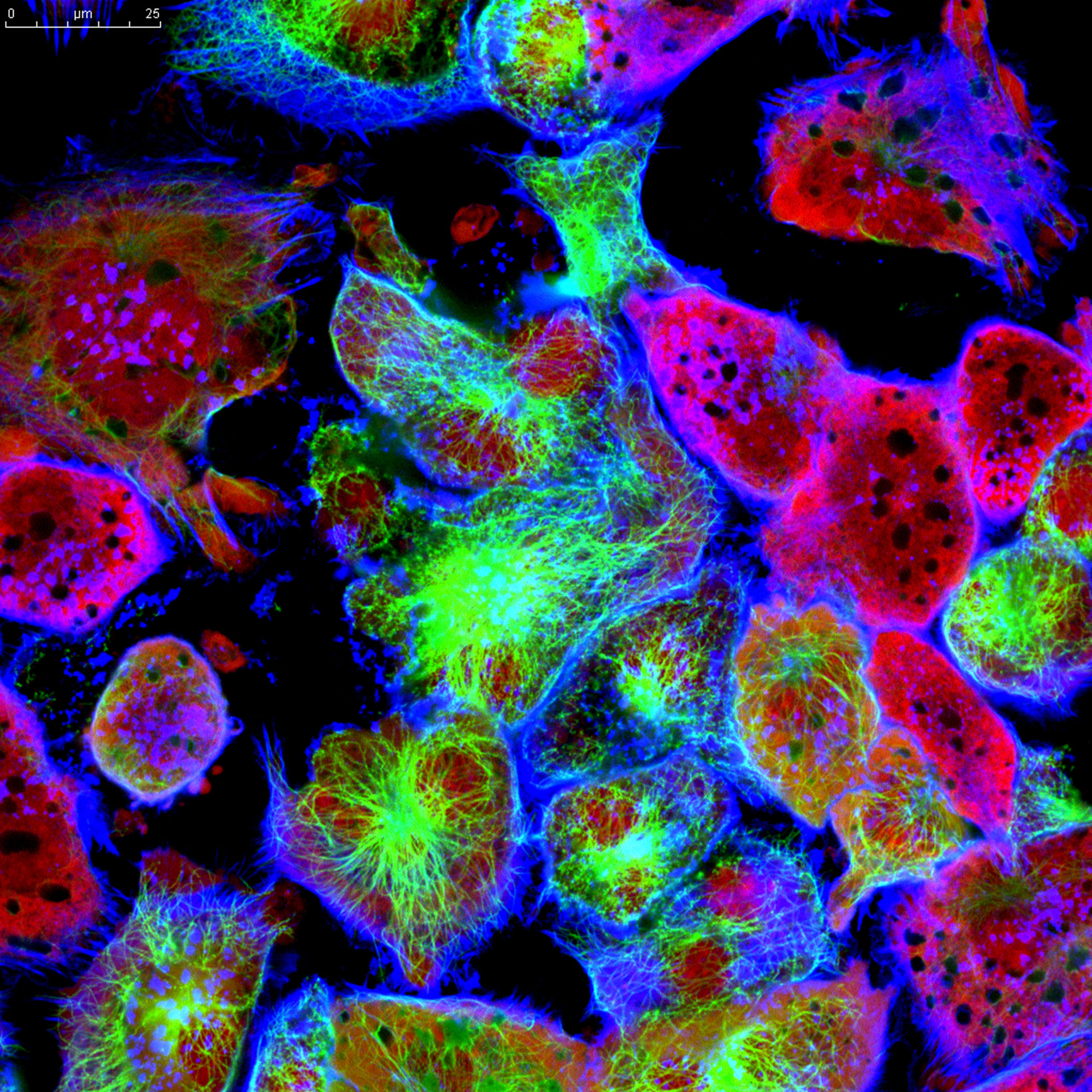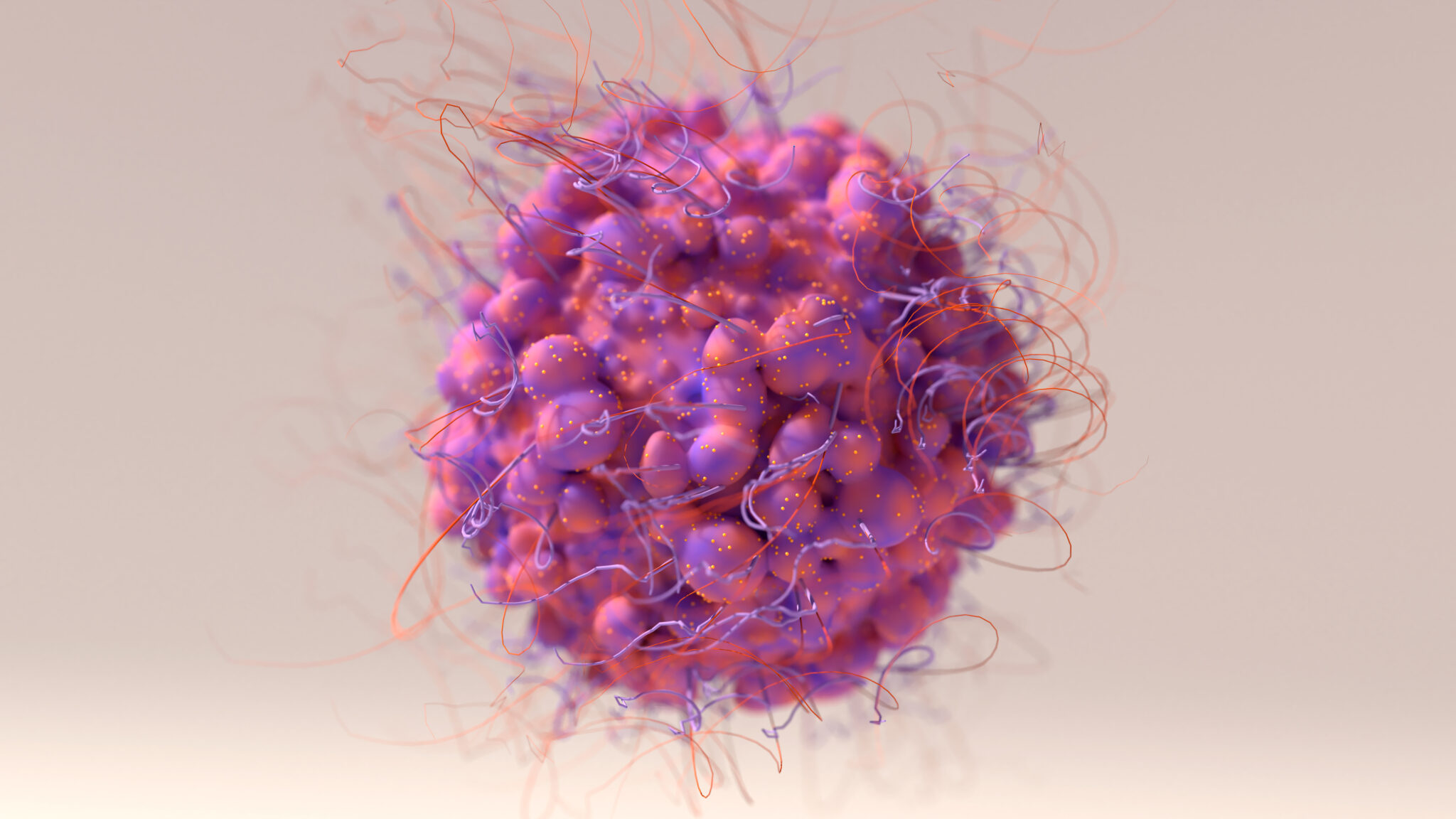While several studies have explored the mental health outcomes of patients with breast cancer, there has been limited attention given to older patients, and the majority of studies conducted have had a brief follow-up period. However, the researchers recently published a study that prospectively followed 299 patients aged ≥70 years with primary, in situ or stage I-III breast cancer from nine Dutch hospitals from 2013 and 2018 using questionnaires to analyze longitudinal changes in depression, loneliness, and apathy symptoms over time. The study had a long follow-up period of 3, 9, 15, 27, and 60 months.
By 3 months after diagnosis, 31 patients (10.4%) had depressive symptoms. Depressive scores hardly increased over time following the adjustment for predefined cofounders (ß = 0.01; 95% CI = 0.01 – 0.02; P< 0.001). At baseline, patients who were considered frail had more symptoms of depression over the entire period of the study compared with those who were not considered frail (ß = 2.13; 95% CI = 1.25 – 3.01; P< 0.001). At the 3-month follow-up, 92 patients experienced loneliness, with 83 being moderately lonely and 9 being severely lonely. Loneliness also showed a small increase over time in the study. Following 3 months post diagnosis, 121 patients experienced apathy, with marginal increases every month (ß = 0.02; 95% CI = 0.01 – 0.04; p = 0.002). Patients who were frail experienced more apathy during follow-up compared with those who were not frail (p = 0.03). It was found that those who had been given adjuvant systemic therapies had comparable mental health outcomes as patients who had not.
Reference: Lemij AA, de Glas NA, Derks MGM, et al. Mental Health Outcomes in Older Breast Cancer Survivors: Five-Year Follow-Up from the CLIMB Study. [published online ahead of print, 2023 Apr 5]. Eur J Cancer. 2023;1-20. doi.org/10.1016/j.ejca.2023.04.001
Link: https://www.ejcancer.com/article/S0959-8049(23)00177-6/fulltext









